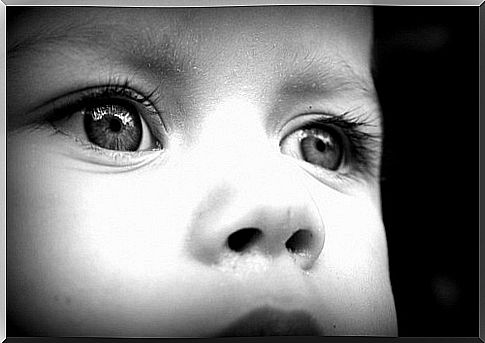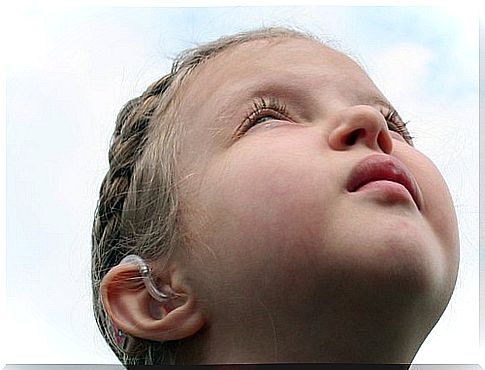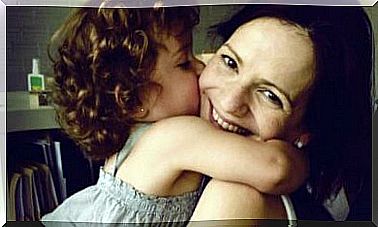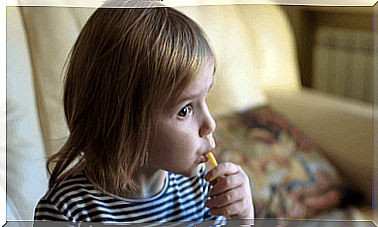Behaviors That Can Be Signs Of Autism

It is natural that as a parent you do not want to think that your child has a problem of any kind, but when it comes to autism, it is better to detect it quickly, if possible, before 18 months of age. It is necessary to keep in mind which are the most obvious signs of autism.
If this does not happen and autism is identified at a later age, don’t lose heart, treatment can be done at any stage and the effects of this disorder can be substantially reduced and your child can grow and learn better.
What is autism?
Before mentioning which are the main signs of autism, we must start by knowing what this condition consists of.
By sharing signs with other conditions that affect the normal development of children, autism can be easily confused, however, in simple terms, autism involves a group of disorders in brain development and its characteristics are determined by different levels.
Autism can manifest itself in difficulties to interact socially, to produce verbal and non-verbal language and another of its main signs is the execution of repetitive behaviors.
Signs of Autism in Younger Children:
The following are actions that children with autism often do not take:
- He does not make eye contact (when you talk to him, when you feed him or play with him).
- He doesn’t smile when other people close to him smile at him.
- You don’t respond when someone calls your name or when you hear a familiar voice.
- He does not visually follow the objects you show him.
- Does not use gestures to communicate (such as waving hands to say hello and to say goodbye).
- He does not look at the objects that you point to him with your hands and other parts of your body.
- He doesn’t usually make sounds to get your attention when he wants or needs something.
- Does not respond as expected to hugs or gestures of affection.

- In game time, he doesn’t mimic or respond to your movements or the facial expressions you direct toward him.
- It doesn’t raise its hands when it wants you to hold it up.
- Does not play with other people or show interest or joy during game time.
- He does not ask for help when he is unable to take action on his own.
Warning Signs You Should Pay Attention To Based On Age
At 6 months. He does not smile frequently or show expressions of happiness and joy.
At 9 months. It does not produce sounds, smiles, or facial expressions to communicate.
At 12 months. It does not respond to its name, it does not produce babbling (the first stage of oral communication), it does not respond to gestures and actions such as pointing or picking up an object.
At 16 months. Has not produced any words yet
At 24 months. You have not constructed your first sentences (usually made up of at least two words)
Signs of autism in children over two years of age

- Appears disinterested or unaware that other people are around them.
- You don’t know how to interact with other people, play games, or make friends.
- He prefers not to be touched, held, or shown affection by people.
- They do not usually engage in group games, do not imitate children their own age, or use toys creatively.
- You have a hard time talking about your feelings.
- It seems that you won’t listen when other people speak to you.
- He does not share his achievements or interests with the people who are closest to him.
- Speak in an unusual tone of voice or in a rhythm that is not very understandable.
- Repeat the same words or phrases over and over.
- When asked a question, he repeats it, does not give a clear answer.
- He refers to himself speaking in the third person.
- Makes many vocabulary or grammar mistakes when speaking.
- You have difficulty communicating your needs or wants.
- It does not execute simple instructions.
- He does not understand the tone in which sentences are expressed.
- Avoid eye contact.
- Use facial expressions that disagree with what you are saying.
- Their behavior is somewhat robotic because they do not usually make many gestures when communicating.
- You do not have a proper body posture.
- Follow a very rigid routine.
- You have a hard time adjusting to changes in the way you do things.
- Order things too strictly.









